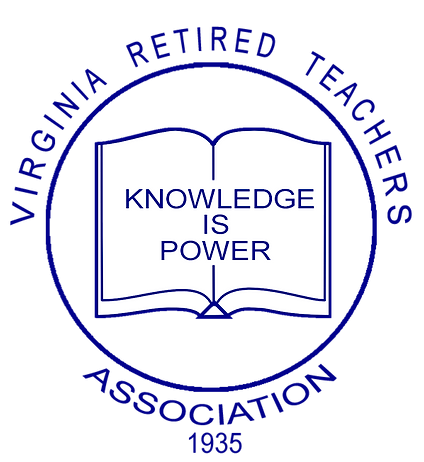Legislative
The latest info on the progress of bills
Legislative Committee
Legislative Liaison Form
House Committee Chart
Senate Committee Chart

Bea Morris, Co-Chair
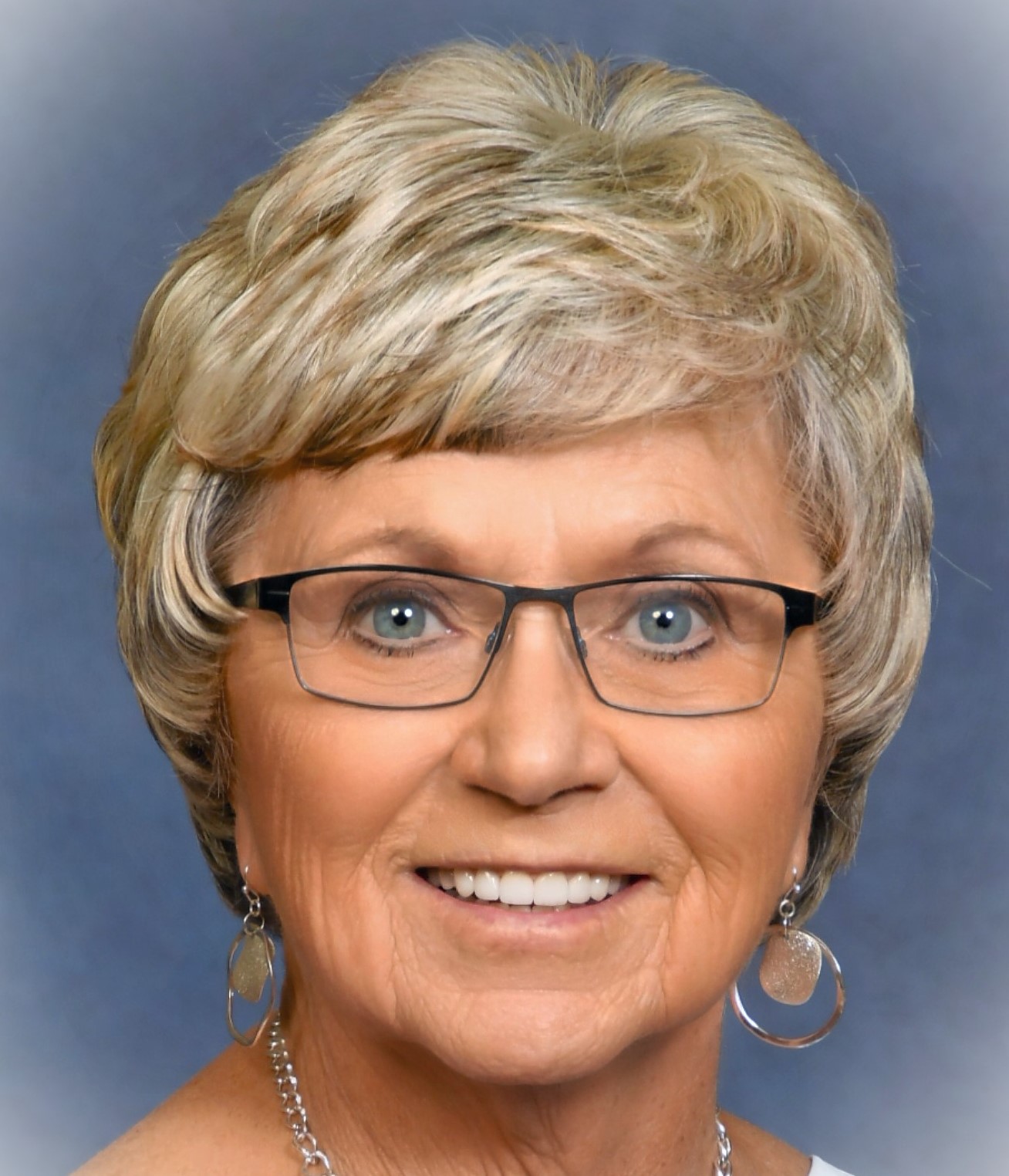
Joyce Williams, AARP VA State President
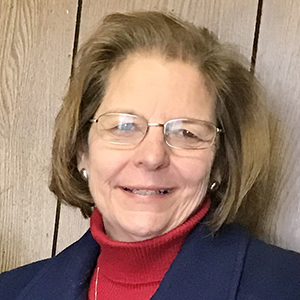
Tina Whitaker, Co-Chair

Joy Mainor, Member
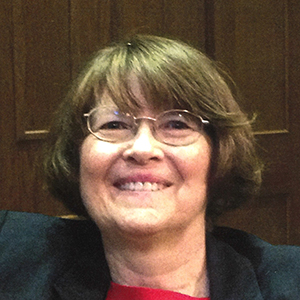
Bonnie Atwood, Lobbyist
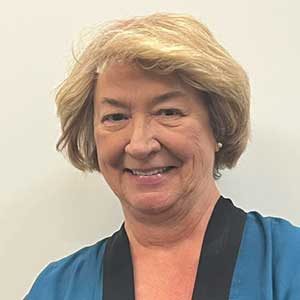
Mary Jane Mutispaugh, Member
March 2, 2025 Update (“IT AIN’T OVER ‘TIL IT’S OVER” – 2025 GA Session) [pdf]
Feb. 7, 2025 Update (CONCERN ABOUT THE FUTURE OF THE U.S. DEPARTMENT OF EDUCATION ) [pdf]
Feb. 3, 2025 Update (Money, Money, Money) [pdf]
Jan 23. 2025 Update (Bills are Moving) [pdf]
The 2025 Session of the General Assembly
The 2025 Session of the General Assembly formally began on January 8, but because of inclement weather and a problem with the Richmond area water supply, their work really began on Jan.13. Over two thousand bills have been introduced and most have been assigned to committee.
BILLS OF INTEREST
HB 2231 (Cherry) – OPPORTUNITY SCHOLARSHIP PROGRM – This bill, along with a budget amendment by the governor, would allocate $50 million from the state’s General Fund to give $5,000 grants to 10,000 students whose families earn less than 200% of the federal poverty limit or $62,400 for a family of four. The money could be spent on private school tuition, textbooks, fees, uniforms, transportation, or other supplies. This bill is currently in House Appropriations. (See attached House Committee Chart. Print it for future use.) Del. Sam Rasoul, member of House Appropriations and Chair of the House Education Committee said, “The reality is that our public school system here in Virginia ranks pretty well, and any deviation of funding is a threat. We need to be at least paying our teachers the national average. I don’t know where this is coming from, but it certainly won’t get any attraction in this committee. Senator Louise Lucas, Chair of Senate Finance and Appropriations posted, “We will never agree to take money from public schools to provide vouchers for private schools. We know what it is, no matter what name is used to market it.” Proponents say that this program would not take money from public schools because it is money from the General Fund. (If there is $50 million available in the GF, there are many ways public schools could use it. Also, state funding for local public schools is tied to enrollment.)
SB 1346 (Jordan) is a Senate companion bill.
SB 1003 (Roem) SCHOOL BREAKFASTS – Currently, the federal school breakfast program provides a meal to any student who requests it. Some local school divisions provide breakfast for those not part of the federal program, which is costly to the locality. This bill would provide a state-funded free breakfast to all k-12 students unless a parent provides written permission to withhold a breakfast for their child. Being hungry prevents children from being able to focus. Some families who should apply for free or reduced lunch/ breakfast don’t apply, and some who could afford to pay just don’t. Some school systems end the year with thousands of dollars in the red because parents just don’t pay. Trying to get these parents to pay is costly in time as well as money. This bill was reported out of the subcommittee and will now go to the full Education and Health Committee.
HB 1958 (Srinivasan) is a companion House bill which will be heard in House Education K-12 subcommittee tomorrow, Tuesday, Jan. 21, at 7:30 a.m. Bonnie Atwood, VRTA lobbyist, plans to speak in support of that bill.
(Subcommittee: Simonds – ch., Askew, Cousins, Reaser, SeVare, Coyner, Cherry, Green) We need constituents of these committee members to contact them by phone or by email and encourage them to support this bill. Let me know if you have a problem getting their emails, which can be found on the delegate’s website.
LOBBYING TIPS
DO
- Put the number of the bill in the subject line.
- Identify yourself as a constituent. (They only want to hear from their constituents.) Include your mailing address and phone number. If they don’t hear from constituents, they conclude that it’s not an issue their voters care about.
- Keep it short. The assistant who gets the email gets hundreds of emails every day.
- Give reasons why you support or oppose this bill; say how you, your school, your area, etc. You may also ask a question about a bill, whether your interpretation of it is accurate or not, etc.
- Make a request specific: vote for or against a bill
- Make timely contacts – just before a bill is heard in committee, on the floor for a vote, etc. During this hectic time, your legislator only wants to hear about legislation he/she will have to act on right away.
- Proofread for grammatical, spelling, and punctuation errors, typos, and omission of words. This is especially important for teachers.
- Always end by thanking them for something even if it is just for their service.
NEVER
- Threaten a legislator.
- Vent your anger or displeasure in this email or phone call. Save your frustrations, criticisms, etc., for another time.
- Give a legislator inaccurate or questionable information. If you do, and the legislator acts on it, he/she will look foolish to his colleagues and will never trust you again.
Please go to lis.virginia.gov, the Legislative Information website, and learn what information is available and how to access it.
Also, remember to use VRTA’s name when you lobby on issues the association supports or opposes, but when you are lobbying on other issues, make it clear that these are your personal issues or maybe those of another organization, but not VRTA issues.
Legislative Committee Update (Oct. 4, 2024)
The Legislative Committee needs 5 constituents of each state senator and delegate. If you are willing to contact your legislators when there is a special need, please fill out the Legislative Liaison form and mail or email it to Bea Morris or Tina Whitaker as soon as possible. We do not need a form from every member in a unit, but we need at least five. Bea or Tina will call you with the information you will need to communicate.
